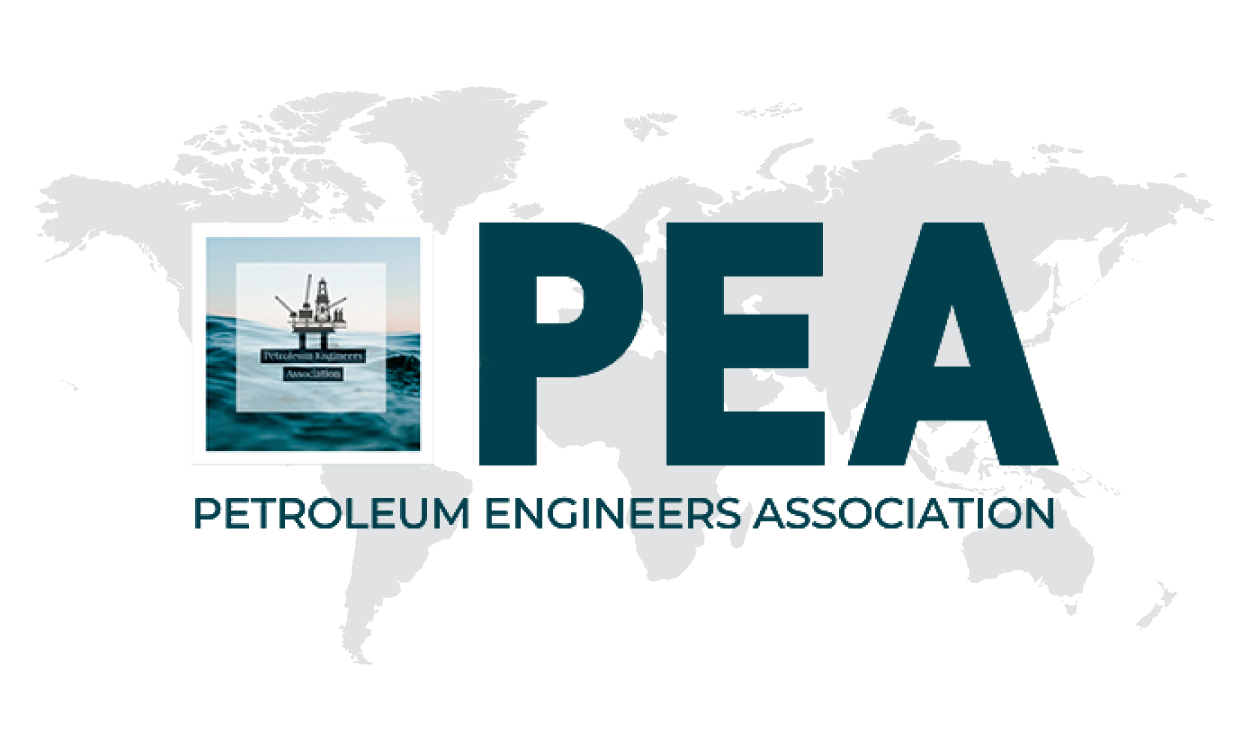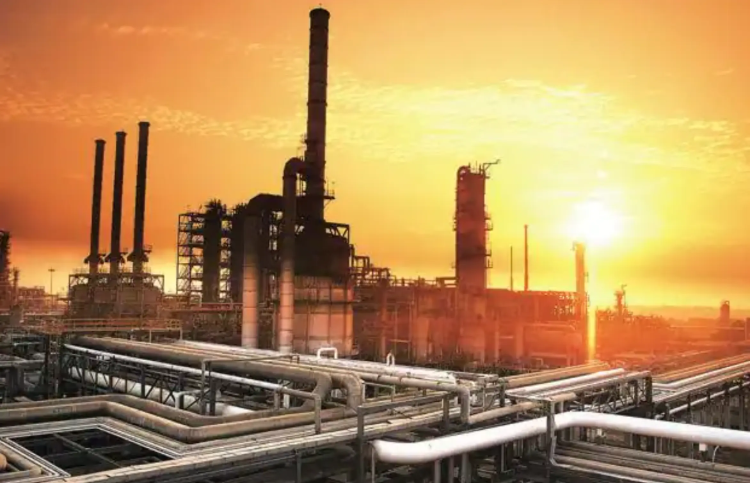Complete Oil and Gas Industry Fundamentals
| Code | Duration | Currency | Fee Per Person |
|---|---|---|---|
| EL-OG-PEA |
50 Hours
|
USD
|
550
|
This is a self-paced, on-demand e-learning course. Upon enrollment, all course videos and materials will be delivered to your email within 12 hours. A certificate will be issued upon successful completion of the required quizzes and assignments.
Boost your team's skills and your budget! Enjoy group discounts for collaborative learning. Send an inquiry to info@peassociations.com.
Complete Oil and Gas Industry Fundamentals
This self-paced program provides a complete overview of the oil and gas industry, from exploration to enhanced recovery, preparing professionals and students to navigate real-world industrial practices.
Description
The Oil & Gas Industrial Practices program is a comprehensive training experience designed to give participants deep exposure to the technical and operational aspects of the petroleum industry. Covering exploration, drilling engineering, production, reservoir management, and unconventional resources, the course blends theoretical knowledge with case-based applications. Learners will also explore enhanced oil recovery methods, well intervention strategies, and global energy practices. By the end of the program, participants will possess a holistic understanding of how petroleum systems operate, the challenges faced in each stage, and the solutions applied across the industry.
The oil and gas industry is one of the most complex and globally significant sectors, requiring expertise that spans geology, engineering, economics, and technology. For professionals entering or advancing in this field, a clear grasp of industrial practices is essential. This course delivers a structured approach to understanding the complete lifecycle of petroleum operations, equipping learners with the knowledge to engage effectively in exploration, development, and production activities. Whether your career interest lies in engineering, project management, or research, this program provides a solid platform to build industry readiness.
• Train employees to understand the full spectrum of upstream petroleum operations.
• Foster interdisciplinary knowledge across geology, drilling, production, and reservoir management.
• Improve workforce readiness for technical assignments and field support.
• Enhance decision-making with employees equipped in both fundamentals and applied practices.
• Encourage a culture of continuous learning aligned with global oil and gas standards.
• Develop a broad knowledge base across all major petroleum engineering disciplines.
• Strengthen your technical competency for internships, research, or industry roles.
• Gain confidence in interpreting data and applying petroleum concepts.
• Acquire exposure to modern approaches in recovery, intervention, and unconventional resources.
• Position yourself as a well-rounded candidate for roles in upstream oil and gas.
• Petroleum and Reservoir Engineers
• Geoscientists and Exploration Professionals
• Drilling and Production Engineers
• Students and Graduates pursuing careers in Oil & Gas
• Technical Staff transitioning into upstream operations
• Introduction to Petroleum Industry and Hydrocarbon Exploration Practices
• Oil Game and Petroleum Economics
• Ingredients of Petroleum System (Concept of Source, Reservoir, Migration, Trap and Seal)
• The E&P Life Cycle and concept of Reserve, Lease and Reservoir
• Overview on the techniques of Petroleum Exploration
• Sedimentary Rocks and Depositional Environments
• Origin and Migration of Petroleum Fluids
• Petroleum Traps and Petroliferous Basins
• Well Logging and Formation Evaluation
• Introduction to Well Logging Operations and Formation Evaluation Techniques
• Overview on Mud Logging operations
• Overview on Coring operations
• Discussion on Open Hole and Cased Hole Logging
• Data Interpretation and Formation Evaluation practices
• Drilling Engineering
• Oil well drilling practices and well planning activities
• Understanding drilling rig components
• Drilling fluid formulation and mud circulation system
• Exposure on components, functions and design of drill string
• Cementing operations
• Drilling problems and remedies
• Production Engineering
• Role of a Production Engineer and understanding the petroleum production system
• Understanding the components associated with production activities in a well
• Well completion activities
• Well performance and Flow behaviour
• Artificial Lift techniques
• Well Testing Activities
• Surface production operations
• Storage and Transportation of produced fluids
• Offshore production practices
• Reservoir Engineering
• Introduction to reservoir media and drive mechanisms
• Petrophysical properties of rock and interactions between rock-fluid and fluid-fluid medium
• Understanding data requirements for reservoir engineering
• Application of reservoir engineering principles
• Flow classification in reservoir system
• Introduction to Reservoir simulation
On successful completion of this training course, PEA Certificate will be awarded to the delegates
This course has been meticulously developed by a seasoned PEA expert renowned in the oil and gas industry. With extensive hands-on experience and a proven track record in delivering innovative solutions, our trainer brings a wealth of technical expertise, deep industry insight, and a commitment to excellence. Learners can trust that they are gaining knowledge from a leading authority whose dedication to professional development ensures you receive only the highest-quality training to elevate your skills and career prospects.













• Gain insights into petroleum systems, reservoir concepts, and exploration techniques.
• Learn the principles of drilling, production, and reservoir engineering.
• Explore formation evaluation, well logging, and coring operations.
• Study production optimization, artificial lift, and offshore practices.
• Analyze reservoir management, simulation, and recovery methods.
• Familiarize with enhanced oil recovery (EOR) processes and case studies.
• Examine unconventional hydrocarbon resources and their applications.